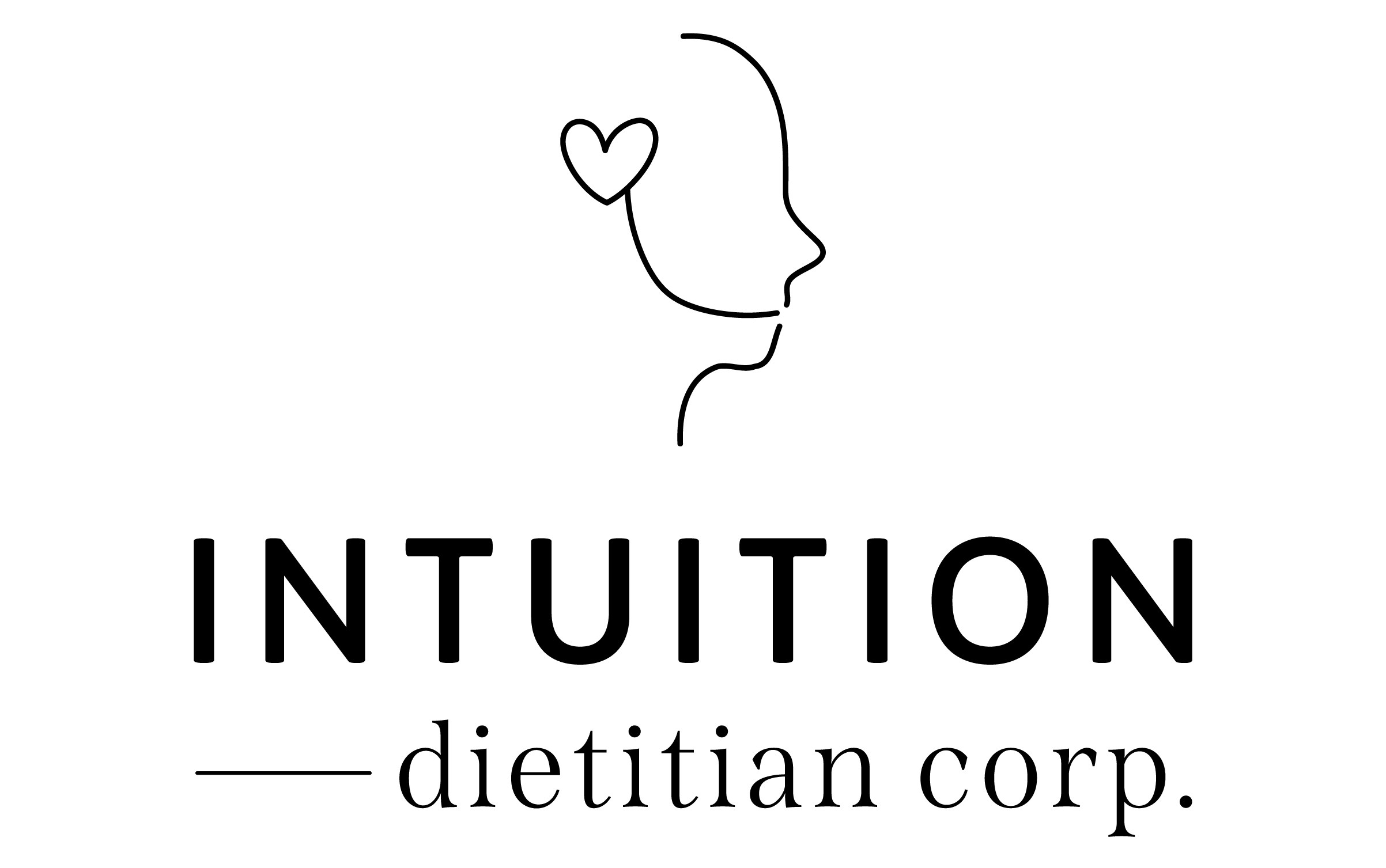“Daring to set boundaries is about having the courage to love ourselves, even when we risk disappointing others” – Brene Brown

Boundaries: What are they and why do I need them?
Boundaries are a way to stay true to yourself and your journey – and yes, you do need them. They let people know what is okay and what is not okay. Your friends and family might not know the journey you’re on to become an intuitive eater. Boundaries help us say “no” to diet talk, “no” to seconds when we’re full, “no” to comments about weight, and “no” foods that don’t make us feel good.
December and January can be particularly difficult times of year,when it comes to working on a positive relationship with food. December lends to a lot of social gatherings (in years without a pandemic – please continue to follow your regional guidelines about gatherings), abundance of food, and traditions. January can be difficult with the wellness and diet world ramping up with their “New Year, New You” health and fitness resolutions.
Setting boundaries is key to helping you manage these situations. They also allow you to continue to do what is best for you, despite what anyone else is saying.
Areas to set boundaries
Diet talk
This is anything related to diets or dieting. It might be the newest fad diet trend that’s brought up, New Year’s resolutions, or comments such as “I’ll be good in the New Year”.
Weight
No one needs to comment on another person’s body, ever.
More food, if you’re not hungry
Lots of people take long times to prepare foods – baking and preparing dinners. You do not have to eat it all or have more if you don’t want to, and you don’t owe an explanation. When you’re full and someone offers you more, stick to your boundaries. Try a polite – “thank you, it was delicious, but I am full”.
Your peace with food
Talk and comments about the fat, sugar or nutritional content of food may come up. Just because others might think they shouldn’t eat it, doesn’t mean you can’t!
Feelings
“Be cheery – it’s the holidays!” 2020 has been tough for everyone. You do not need to be cheerful, or joyful throughout this entire holiday season. If someone comments on that, let them know you feel all your emotions – the good ones and the tough ones.
Social gatherings
Not just because this might be restricted right now given the pandemic. Often times we say “yes” to events, gatherings, friend dates when really want to say no. Our schedule fills up before we know it, and we resent agreeing to it.

Ways your boundaries can be invaded
Comments about weight and bodies
These could be toward you, or in general. It can include anything from “you look great, have you lost weight?” to remarks related to “the quarantine 15”. It may even be a well-meaning relative is discussing the latest Netflix show and comments on one of the actors.
Someone telling you “what” or “how” much to eat
Comments such as, “you shouldn’t eat that, it’s pure sugar” or “Have some more – you ate like a bird”. Comments from the outside food police are not welcome here!
Telling you to do something, instead of asking you first
This could be related to attending social gatherings, trying a food, or anything you would have liked to have the option.
Planning for when the boundary is crossed
There will be times the above boundary areas are crossed. It’s going to happen. So, what do you do to hold the line?
Rehearse your response.
To no one in particular, practice what you might say. It could be as simple as, “Not right now, thanks”. Perhaps something further such as, “I am working on my relationship with food and have a hard time talking about diets or specifics about food. Can we talk about something else?” If someone comments on your body, redirect with “You know, there’s so much else I want to catch up on. Tell me about ____”. Say it out loud and it will be easier in the moment.
Plan an exit strategy. This is a way to leave the situation for the moment. Consider these options.
- Walking your dog
- Calling a friend
- Taking a bathroom break
- Take a break and listen to a supportive podcast
Have an ally
Before any gatherings where diet talk might come up, think about if anyone at the table is a safe haven. Discuss your journey with intuitive eating and share your boundaries. When comments arise, look to your ally for comfort. If you don’t have someone in the room with you, excuse yourself and make a call to a friend that understand.
Remember – “The only people who get upset about you setting boundaries are the ones who were benefiting from you having none.” – Unknown. Decide where your boundary lies and use the above tools to stick to it. You’ll feel better about it and you’ll be a more compassionate person as a result.
Questions or comments? Drop a line below!

